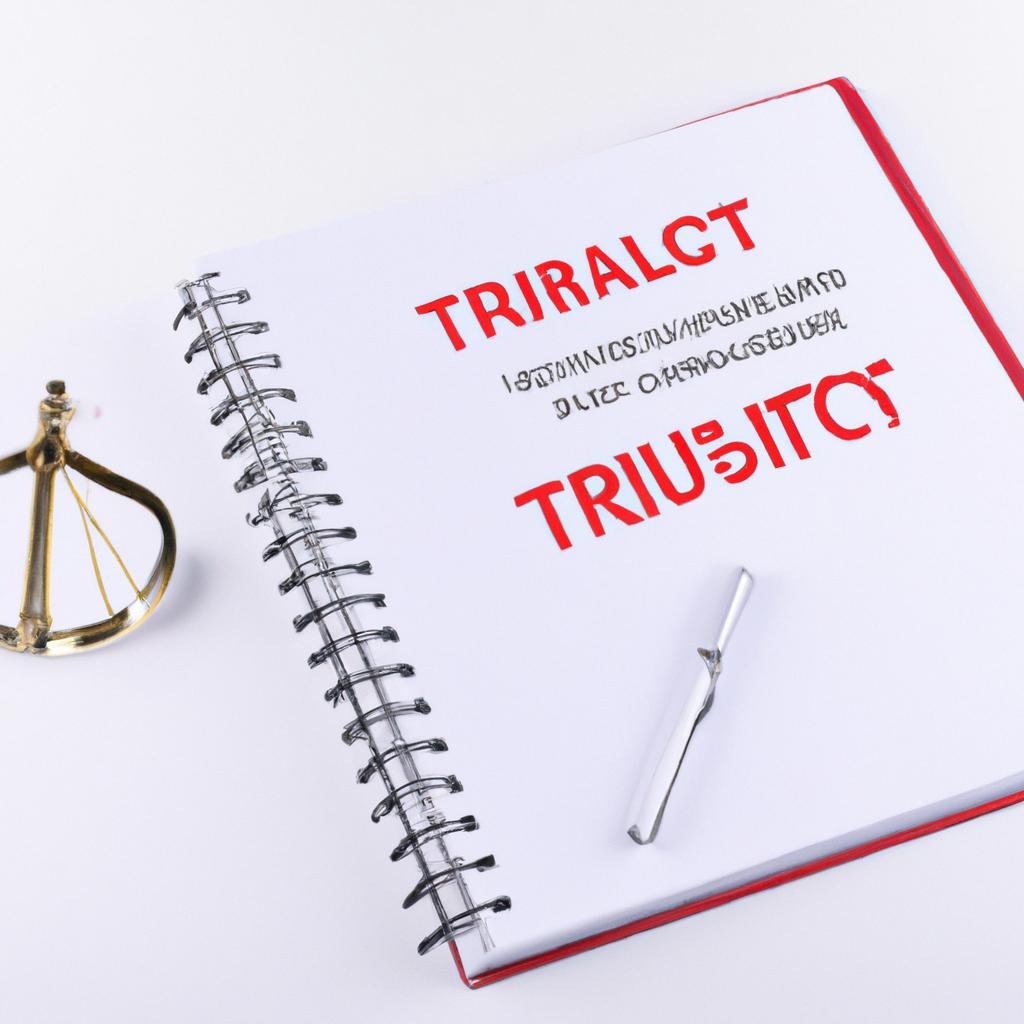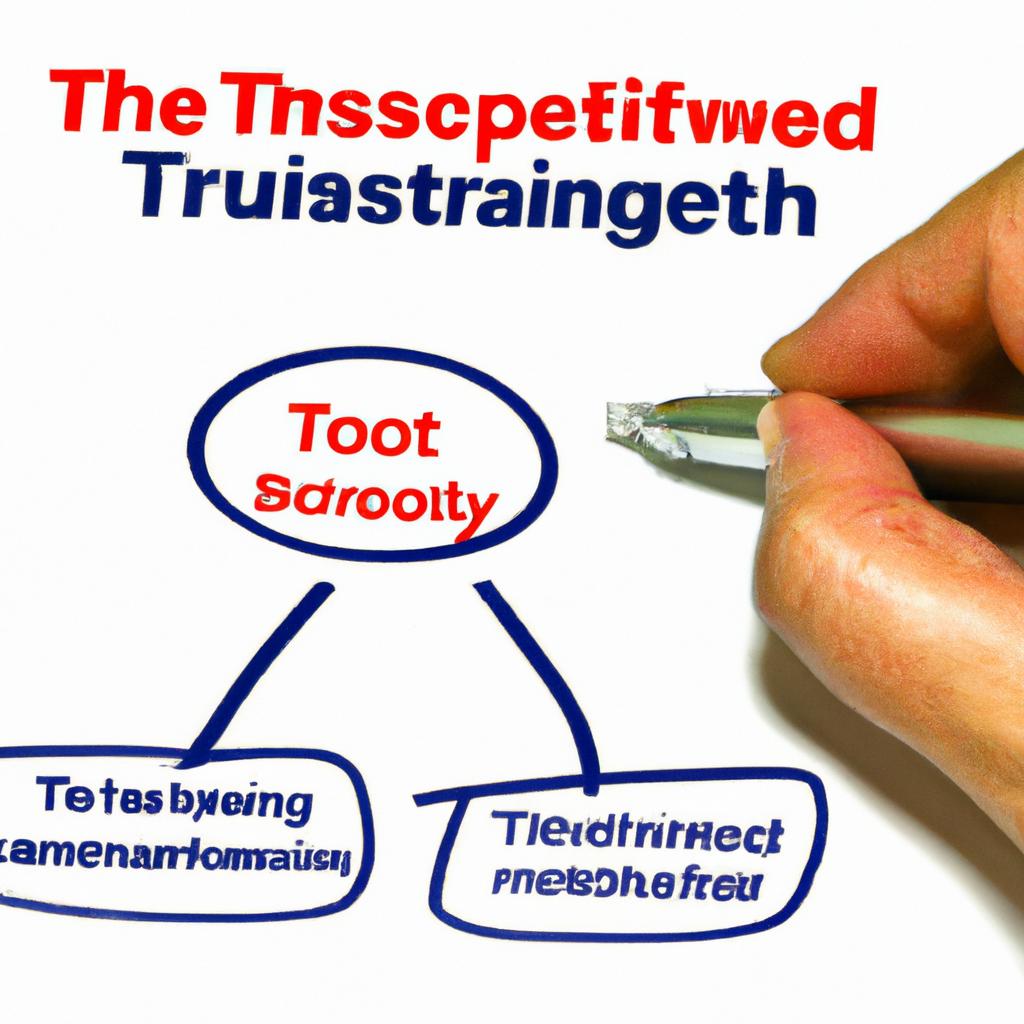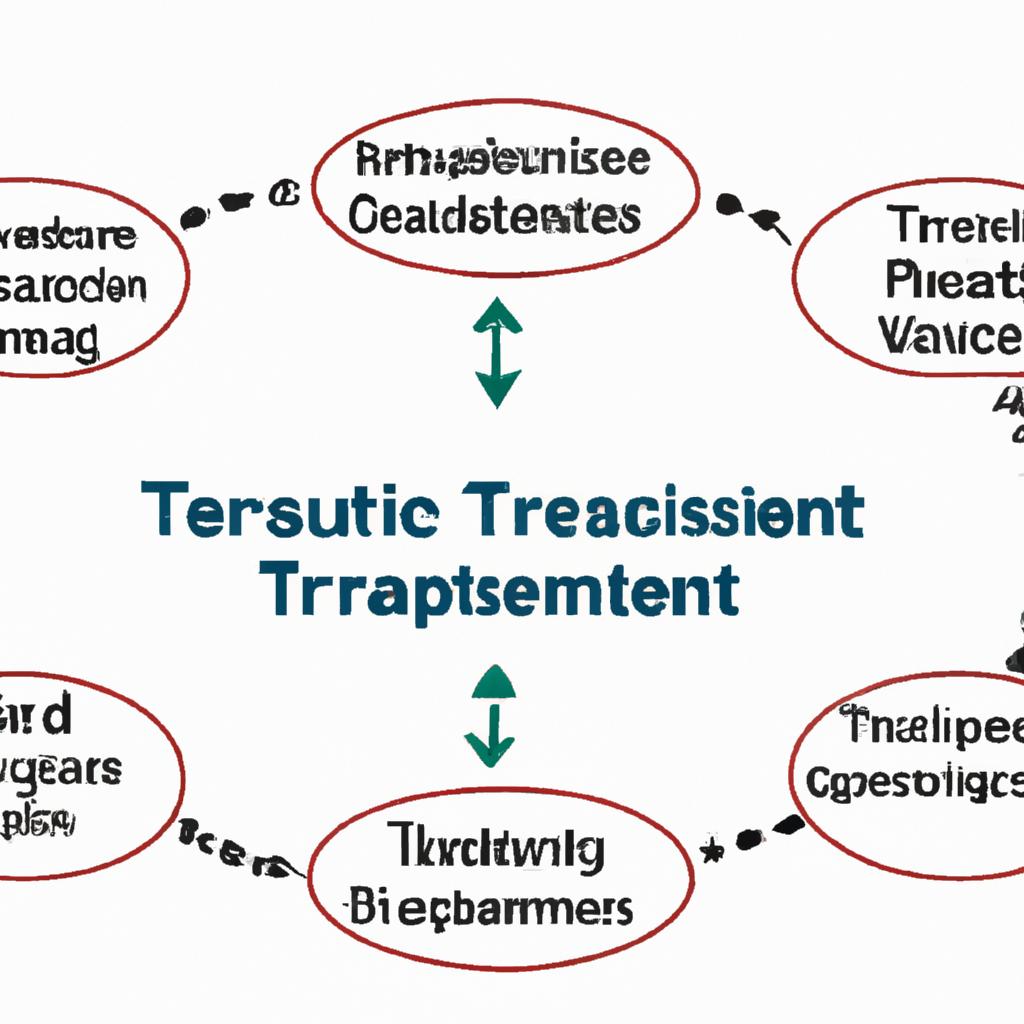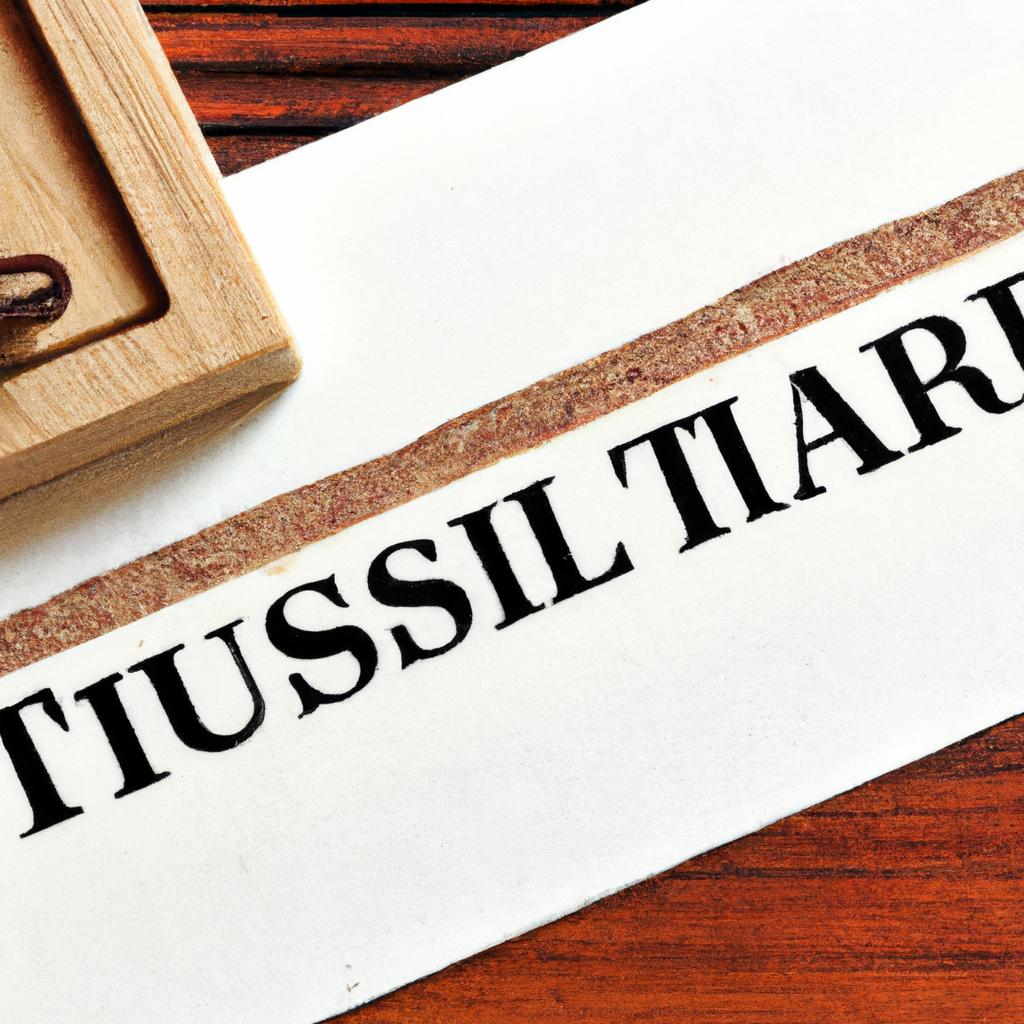In the ever-evolving landscape of estate planning and asset protection, ensuring the validity and reliability of documents such as Wills and trusts is paramount. Enter the concept of certification of trust. As experienced legal practitioners at Morgan Legal Group in New York City, we understand the importance of establishing trustworthiness and authenticity in the execution of vital estate planning instruments. Join us as we unravel the intricacies and significance of certification of trust in safeguarding your legacy and securing your assets for the future.
Ensuring Legal Compliance in Certification of Trust Documentation
When it comes to the certification of trust documentation, it is paramount to ensure legal compliance in order to avoid any potential issues down the road. One key aspect to consider is the proper execution of the trust document itself. It is crucial that all parties involved understand the terms and conditions outlined in the trust, and that the document is signed and notarized in accordance with state laws.
Additionally, transparency is key when it comes to trust certification. All beneficiaries should be informed of their rights and responsibilities under the trust, and any amendments or changes to the trust should be properly documented and communicated to all parties involved. By complying with legal requirements and maintaining open communication, you can ensure that the certification of trust documentation is valid and enforceable.

Strategies for Establishing Trustworthiness in Trust Certification
When it comes to establishing trustworthiness in trust certification, there are several key strategies that can be implemented to ensure credibility and reliability. One important approach is to conduct thorough background checks on all parties involved in the trust certification process. This includes verifying the credentials and reputation of trustees, administrators, and any other individuals or organizations responsible for managing the trust.
Another effective strategy is to implement strict compliance measures and protocols to safeguard the integrity of the trust certification process. This can include regular audits, documentation of all transactions, and the use of secure and encrypted technology to protect sensitive information. By prioritizing transparency and accountability, trust certification can build a solid foundation of trust and confidence among stakeholders.

Navigating the Complexities of Trust Certification Processes
Trust certification processes can be incredibly complex and daunting for individuals and businesses alike. It is essential to navigate these processes with caution and attention to detail in order to ensure the trust is properly certified and legally binding. Certification of trust involves various legal requirements and documentation that must be meticulously prepared and filed.
- Understanding the legal implications of trust certification
- Ensuring all necessary documentation is accurately prepared
- Complying with state and federal regulations
Trust certification is a crucial step in the estate planning process, and it is imperative to work with a knowledgeable legal team to guide you through the intricacies of certification. At Morgan Legal Group, our experienced attorneys have a deep understanding of trust certification processes and can help you navigate these complexities with confidence and ease.

Key Considerations for Trust Certification in Estate Planning
Trust certification is a crucial aspect of estate planning that should not be overlooked. When creating a trust, it is essential to ensure that all necessary steps are taken to certify the trust properly. Here are some key considerations to keep in mind when it comes to trust certification:
- Verify the trust document is properly executed and signed by the grantor
- Make sure the trust complies with all legal requirements and regulations
- Consider appointing a trustee who is competent and trustworthy
- Keep detailed records of all transactions and decisions made regarding the trust
Q&A
Q: What is certification of trust and why is it important?
A: Certification of trust is a process where a qualified individual or organization verifies the authenticity and reliability of a particular entity or product. It is important for building credibility and confidence among consumers, investors, and other stakeholders.
Q: How can certification of trust benefit businesses?
A: Certification of trust can benefit businesses by helping them differentiate themselves from competitors, gain trust and loyalty from customers, and access new markets or partnerships that require a certain level of trustworthiness.
Q: What are some common types of certifications of trust?
A: Some common types of certifications of trust include ISO certifications for quality management, organic certifications for food and agriculture, and cybersecurity certifications for data protection.
Q: How can consumers verify the validity of a certification of trust?
A: Consumers can verify the validity of a certification of trust by checking the credentials of the certifying body, looking for specific logos or seals of approval, and researching the criteria and standards required for certification.
Q: Are there any potential drawbacks to relying on certifications of trust?
A: Some potential drawbacks to relying on certifications of trust include the possibility of fraudulent certifications, the risk of complacency in maintaining trustworthiness, and the challenge of keeping up with evolving certification standards and requirements.
Final Thoughts
In a world where trust is often hard to come by, certification of trust offers a glimmer of hope. By seeking out and obtaining this valuable certification, individuals and organizations can show the world that they are committed to honesty, integrity, and transparency. So, whether you are a consumer looking for a trustworthy business or a company looking to build credibility, consider the power of certification of trust. It may just be the key to unlocking a world of new opportunities and connections. Thank you for reading and remember, trust is the foundation of all successful relationships.


